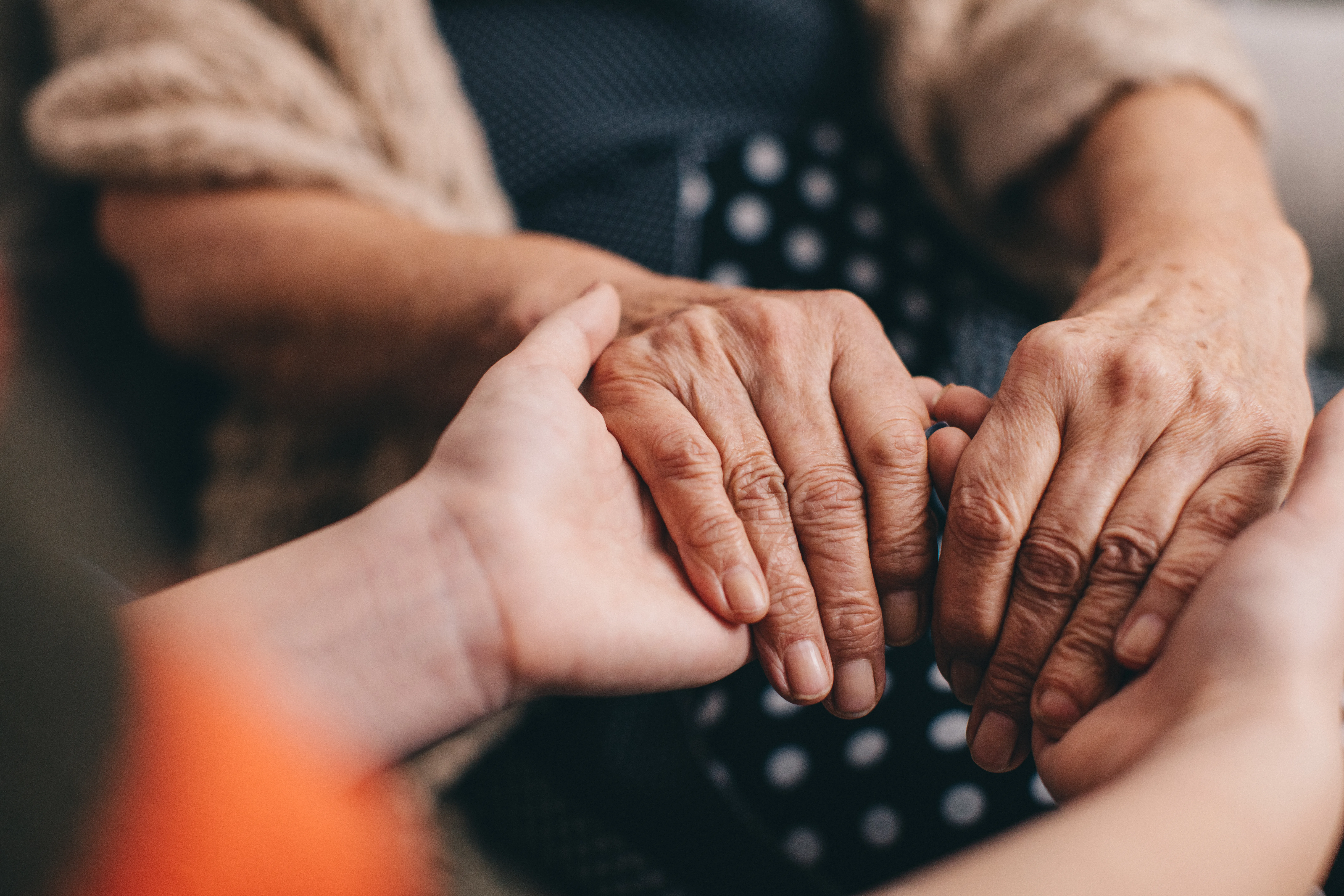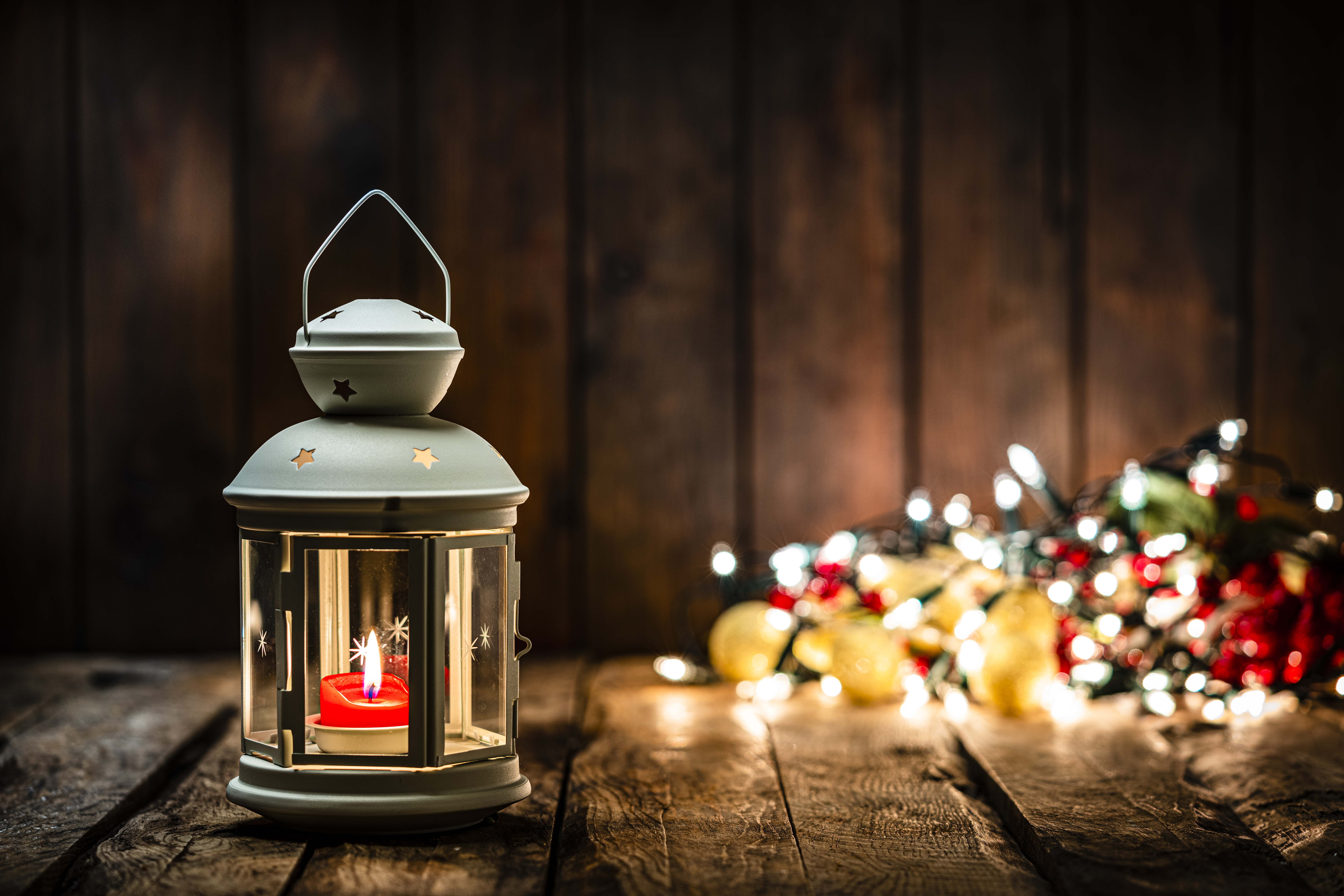
How Families Can Offer Mental Health Support at Christmas
The holidays, while they can be stressful, offer much joy and excitement for many. However, some people find them increasingly overwhelming, especially with the expectations they entail. Seeing family and friends and attending holiday parties, for example, can put increased pressure on those who battle a mental health disorder or have recently been in recovery.
Because of this, the family (be it the immediate family or one’s chosen family) has the unique chance to support and help maintain the mental health and recovery of their loved one during this time.
How families can offer mental health support
Community has been proven to be one of the best ways in which individuals struggling with a mental health disorder can feel supported and fostered in their recovery. When they feel like they are not alone and have people to rely on and turn to in difficult moments, they are more likely to feel encouraged in their recovery journey.
During times like the holiday season, it’s important that they feel supported in order to help minimize feelings of isolation and loneliness, and possibly even stress, anxiety and depression.
Ask your loved one how to support them
It can feel very broad to be told to “support your loved one in recovery” — what does that even look like? Simply put, it’s as easy as asking them.
Taking the time to have a conversation with your loved one can help you find out the way they need support. Maybe they just need someone to be able to talk to during difficult moments; perhaps it’s a wingman with whom they attend holiday parties; maybe it’s helpful for them to simply know there’s someone in the house who understands their struggle.
By asking your loved one how you can help, you’ll be able to directly support them in the way they need it the most.
Adjust traditions as needed
There may be some holiday traditions that need to be changed or revamped based on the needs of your loved one. Taking into consideration their mental health and asking them what they’re willing to or capable of handling can allow you to better understand how to make the holidays more manageable for them.
Perhaps it’s hosting a holiday party without any alcohol; maybe it’s limiting the number of guests invited or letting go of your expectations for a said family member to attend every event; maybe it’s not inviting certain people or setting boundaries around the games played.
Don’t make a big deal
No matter what traditions need to be changed or how the celebrations need to be adjusted, do it in a way that is discreet and matter-of-fact. Make sure that everything is done in a way that respects the other person and maintains their privacy.
For example, if you choose to host a party without any alcohol, there’s no need to explain the reason. Keep in mind your loved one, and realize that if you were in their shoes, you’d want privacy and respect as well.
Listen attentively
When your loved one comes to you expressing their concerns or needs, be attentive in listening to them; don’t immediately jump to trying to solve the problem or suggesting ways in which they could fix the mental health disorder. Listen to them to hear their story, not to respond to their words.
If they ask you for help, offer your help; if they want advice, feel free to make suggestions that could benefit their mental health; if they simply want to talk and share their story, take the time to listen.
Invite and encourage them to partake
It may be tempting for a loved one suffering from depression or anxiety to feel lonely or isolated during the holiday celebrations. One way to help prevent this from happening is to make sure your loved one is not only invited to but feels wanted at celebrations and events.
Even if you think they will turn down the invitation, make sure to invite them nevertheless. Encourage them to come if they seem hesitant, but don’t push them too far if they turn it down. Simply making it known that their presence is welcome and appreciated can help break down feelings of isolation and loneliness.
Seeking professional support?
There is so much you can do as a family member to support the mental health of your loved one. However, there are also important ways in which a therapist can help those struggling with symptoms of depression, anxiety and stress. If your loved one is looking for treatment options or for additional support during the holiday season, consider Bluff Augusta.
Contact our offices to learn more about mental health counseling by calling us at [phone_linked].








